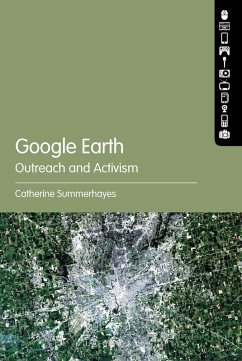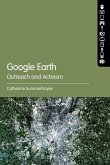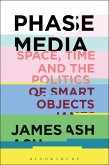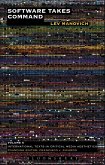In order to be able to communicate and engage with each other via new communicative spaces such as Google Earth, we need to understand as much as possible about how they work as cultural texts: how and why we make them and how we respond to them.
Launched in 2005, Google Earth is a virtual globe, map and geographical information program, mapping the Earth by the superimposition of images obtained from satellite imagery and aerial photography. By addressing the sociopolitical issues at stake in society's use of social websites, the author provides the first ever extended close reading of Google Earth as a powerful player in the communication realm of social media.
By grounding the context of its military pre-history, its construction, its links to other similar world-making sites such as Google Maps and how it is perceived critically by social scientists, it is imperative to understand how social networking and information sites work in socio and geo-political contexts if society is to use these sites effectively and for the public good.
Launched in 2005, Google Earth is a virtual globe, map and geographical information program, mapping the Earth by the superimposition of images obtained from satellite imagery and aerial photography. By addressing the sociopolitical issues at stake in society's use of social websites, the author provides the first ever extended close reading of Google Earth as a powerful player in the communication realm of social media.
By grounding the context of its military pre-history, its construction, its links to other similar world-making sites such as Google Maps and how it is perceived critically by social scientists, it is imperative to understand how social networking and information sites work in socio and geo-political contexts if society is to use these sites effectively and for the public good.









